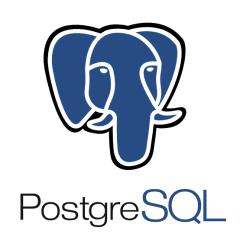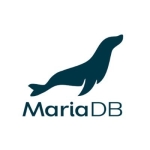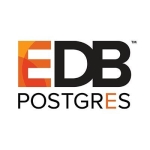What is most valuable?
PostgreSQL is the only open source and multi-functional database solution out in the market today. I have used it to replace Oracle (RDBMS) up to MongoDB (Document DB). Postgres has very rich SQL and NoSQL features that gives it a special place in database industry. It’s easy configure and manage features helped to increase adoption in last decade or so.
How has it helped my organization?
PostgreSQL is the most flexible database I have worked in my career. For example, when I need geographical data processing for my application, I can use PostGIS. It is the best GIS solution out in the market, by installing extension the extension onto the database. Additionally, PostgreSQL's full text search functionality helped a quite a number of times to avoid introducing another system for text search and use PostgreSQL.
What needs improvement?
PostgreSQL has introduced number of new features to achieve out of the box multi-master replication and reach JSONB features, horizontal and vertical scalability and parallelization features. I’d like to see them to be production ready. As the number of users of application grows, the multi-master replication will helpful to replicate systems across the continents. We have started using JSONB in number of application, I would like to see some extended features to make JSONB data type more reachable. The horizontal/vertical scalability & parallelization features will help our big data analytics processes faster to improve application response time.
For how long have I used the solution?
I've used it for approximately 10 years.
What do I think about the stability of the solution?
I have experience working with over dozen of database and datastores in production environments but PostgreSQL has been the most stable database I have worked so far.
What do I think about the scalability of the solution?
It is missing some key scalability features such as sharding and automatic failover, but the Postgres developers are working on adding these features.
How are customer service and technical support?
Postgres community is very thriving and Postgres ecosystem is very strong. The product is open source but it has the best documentation and readable code among other open source products. The turnaround time for logged bug is much faster than some of the commercial vendor’s support team. Additionally, there are a number of PostgreSQL professional support companies in the US and all over world.
Which solution did I use previously and why did I switch?
I used to be an Oracle DBA over decade ago. I have used over dozen of database solutions ranging from MySQL to MongoDB in the distributed production environments but Postgres provides superior features but not limited to; extendibility, performance, scalability, analytics queries.
How was the initial setup?
PostgreSQL is easy to setup compare to any other commercial RDBMS out there in market. It is easy to install and configure.
What about the implementation team?
Postgres has great documentation and various open source tools available for maintenance. However, it is recommended to work with Postgres consulting services companies to expedite design and implementation.
What's my experience with pricing, setup cost, and licensing?
PostgreSQL is truly open source database system so the licensing cost is zero. If you are migrating from any commercial database system, you are saving licensing and recurring support costs.
What other advice do I have?
If you don’t have experience with PostgreSQL, I recommend to attend some of the local PostgreSQL user group meetups and/or conferences to learn how it is being used. If you need help discussing about the solution, you can reach to any of the Postgres consulting services company.
Disclosure: I am a real user, and this review is based on my own experience and opinions.




















Yes, you have many options for backup.
Check some interesting free ones:
- Barman (www.pgbarman.org).
- Reliable PostgreSQL Backup & Restore www.pgbackrest.org
- PgHoard github.com
etc